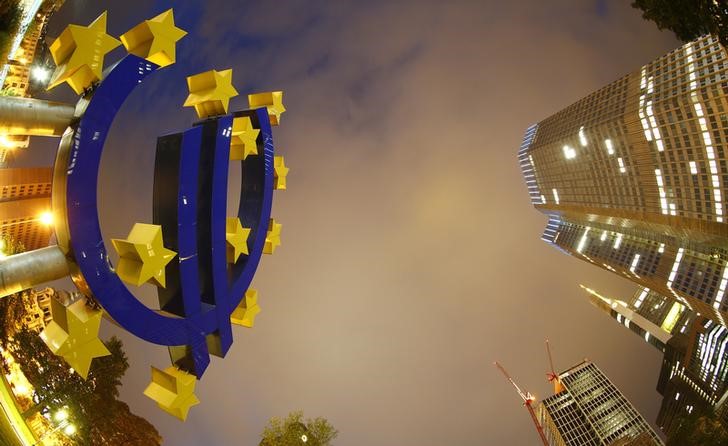This post was originally published on this site
https://i-invdn-com.investing.com/trkd-images/LYNXNPEI4J088_L.jpg
China’s central bank cut its five-year loan prime rate by a larger-than-expected 15 basis points (bps), boosting global market sentiment even as COVID-19 cases in Shanghai climbed again.
Travel and tourism stocks, financial services, healthcare and utilities led gains in Europe, rising between 1.5% and 2.0%, lifting the pan-European STOXX 600 index 0.7%.
Over the week, though, the main index was down 0.5%.
“It is not surprising perhaps that we have a little bit of a bounce today given the good news from China overnight and as we have had some very negative days this week,” said Jonathan Bell, chief investment officer at Stanhope Capital.
Global stock markets saw another volatile week as recession fears gripped investors after weak Chinese retail sales data and dismal results from big U.S. retailers highlighted the impact from surging inflation.
Over the week, European retail and food and beverage stocks lost 2.2% and about 5%, respectively, while miners outperformed, rising 4.4%.
Data on Friday showed British retail sales jumped unexpectedly in April, but the outlook for consumer spending remained resolutely downbeat.
Separate data showed a record rise in German producer prices last month, as the Ukraine war pushed up energy costs.
Euro zone money markets ramped up their bets on a 50-bp interest rate hike from the European Central Bank in July that would bring the bank’s policy rate to 0%.
“We think these price pressures will continue to build in the coming months,” said Andrew Kenningham, chief Europe economist at Capital Economics.
“That in turn informs our view that the ECB will want to move rapidly to tighten policy. We are forecasting a 25 bp rate hike in July, but as we argue here, there is a growing chance that the ECB kicks off with a 50 bp hike.”
Luxury stocks took a hit as Richemont slumped 13.1%, after the company struck a cautious note over growth in China after its full-year profit disappointed.
The company also failed to report any meaningful progress in long-running talks about its “Luxury New Retail” partnership.
Other luxury brands such as Louis Vuitton owner LVMH, Christian Dior and Hugo Boss lost between 1.3% and 2.2%.


